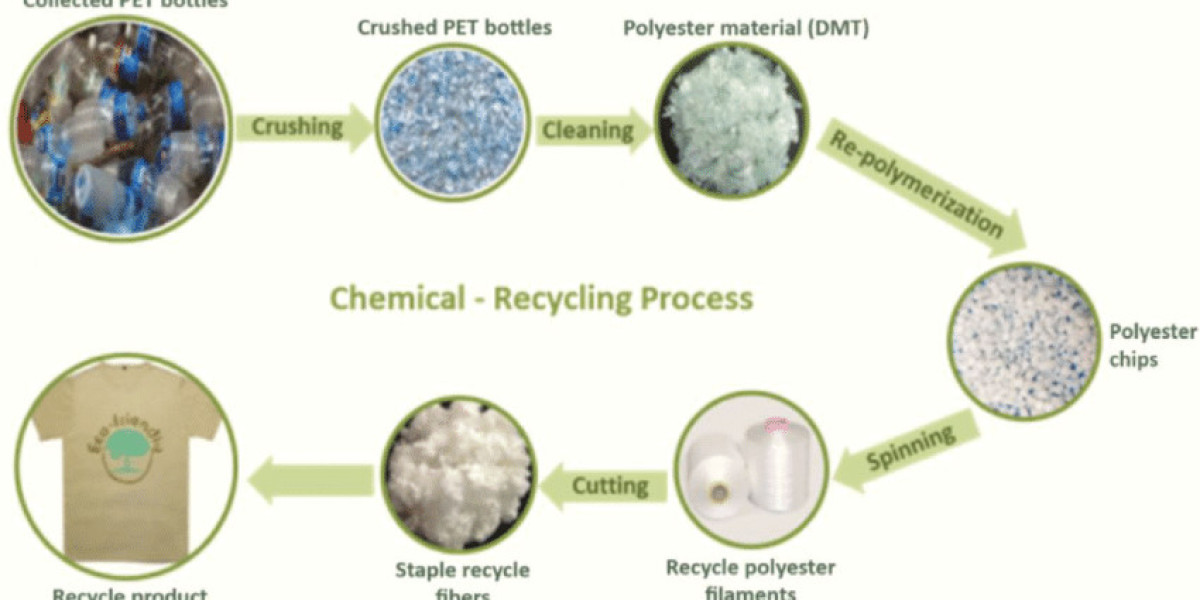January Intake in UK Universities: Everything You Need to Know
Overview
The UK is home to some of the world’s most prestigious universities, and each year, thousands of international students flock to the country to pursue higher education. While most students apply for the traditional September intake, there is also the option of starting your studies in January. The January Intake in UK Universities offers an alternative entry point for students who may have missed the September intake or want to start their studies at a time that suits them better. This article will explore everything you need to know about the January Intake in UK, including the application process, the advantages of this intake, key deadlines, available scholarships, and more.
What is the January Intake in UK Universities?
The January Intake in UK Universities is a second round of admissions that allows students to begin their academic programs in the winter, instead of the usual autumn start. This intake is generally available for postgraduate courses and some undergraduate programs, although not all courses have a January start date. The most common programs available in the UK January Intake include master’s degrees (MA, MSc, MBA) and certain foundation or diploma courses.
Unlike the traditional September intake, the January Intake typically runs for a shorter period, often starting in early January and finishing in mid-June or late June, depending on the university. Students who begin their studies in January will typically graduate around the same time as those who started in September, ensuring that they are not at a disadvantage in terms of job opportunities.
Why Should You Consider the January Intake in UK?
There are several reasons why students might opt for the January Intake in UK Universities rather than the more conventional September start. Some of the key benefits of the January Intake include:
Availability of Spots: For popular programs that have limited spots, such as business management, engineering, or computer science, applying for the January intake might give you an opportunity to secure a place when the September intake is full. Universities often open a second round of applications for January, which can be less competitive than the September intake.
Flexibility: If you miss the September deadline, the January Intake provides a second chance to start your studies without having to wait another year. This is particularly appealing for students who may have had delays in their application process, visa issues, or personal circumstances that prevented them from applying earlier.
Winter Intake Advantages: Starting in January allows students to enjoy quieter campus life for the first few months, which can be less overwhelming. You will also avoid the large influx of new students in the autumn, which means fewer crowds, easier access to resources, and a smoother start to your studies.
Internships and Job Opportunities: By starting your studies in January, you will finish in the summer, giving you the opportunity to take advantage of summer internships or job placements before your graduation. The timing aligns well with the UK job market, where many companies begin their recruitment drives during the summer months.
Scholarships and Financial Aid: Many universities offer scholarships specifically for the UK January Intake. If you’re looking for financial support, this intake can give you an opportunity to apply for funding or scholarships that are available in the winter intake, in addition to those available for the September intake.
Key Deadlines for January Intake in UK Universities
One of the most critical aspects of applying for the January Intake in UK is understanding the deadline for January Intake. While each university has its own deadlines, most universities in the UK have application deadlines for the January intake between October and November of the previous year. However, it’s always best to check with your university of choice for their specific deadlines.
In general, the key deadlines to remember are:
October to November: Application submission deadlines for January intake (for most universities)
December: Final deadline for submitting applications and required documents
January: Start of the academic term for most universities
It’s crucial to submit your application well before the deadline to ensure ample time for visa processing and accommodation arrangements. You should also take into account the additional time needed for gathering supporting documents like transcripts, recommendation letters, and proof of English proficiency.
Scholarships for UK January Intake
Financing your education is a significant consideration, and scholarships can play a crucial role in reducing the financial burden. Fortunately, many UK universities offer scholarships specifically for students enrolling in the UK January Intake. These scholarships can be merit-based, need-based, or specific to a particular program of study.
Some common types of scholarships for January Intake in UK Universities include:
Merit-based Scholarships: These are awarded to students with excellent academic records. If you have strong grades or qualifications, you may be eligible for merit-based financial aid, which can range from partial funding to full tuition coverage.
Country-specific Scholarships: Some UK universities offer scholarships specifically for students from certain countries or regions. If you’re from a developing country or a specific region, check if your university offers any country-specific awards for January intake students.
Program-specific Scholarships: Certain programs, particularly in business or science fields, may offer scholarships for students who enroll in January. For instance, some business schools provide scholarships for postgraduate students who start their studies in January.
Government Scholarships: In addition to university-specific scholarships, there are also various government-funded scholarships available for international students. Programs like the Chevening Scholarships and the Commonwealth Scholarships provide funding for both undergraduate and postgraduate studies in the UK, including for students starting in January.
To apply for scholarships, you will typically need to submit additional documentation along with your application, such as a personal statement, academic achievements, and sometimes a letter of recommendation.
How to Apply for January Intake in UK Universities
The application process for the January Intake in UK Universities is relatively straightforward but requires careful preparation. Here are the steps to follow:
Research and Choose Your Program: Begin by researching the universities and programs that offer a January intake. Not all programs have a January start, so it’s important to identify those that do. You can visit university websites or contact their admissions office for specific information.
Check Admission Requirements: Once you’ve identified your preferred program, review the admission requirements, which typically include academic qualifications, English language proficiency (usually IELTS or TOEFL), and relevant work experience (for postgraduate courses).
Prepare Documents: Collect all the required documents for your application, including transcripts, certificates, English language test scores, a statement of purpose (SOP), letters of recommendation, and your CV (for postgraduate courses).
Submit Your Application: Most UK universities use an online application portal where you can submit your documents and application form. Some universities may also require an application fee.
Wait for an Offer: If your application is successful, you will receive a conditional or unconditional offer from the university. If you receive a conditional offer, you will need to meet specific requirements (such as final exam results) before the offer becomes unconditional.
Visa Application: Once you have an unconditional offer, you can apply for a student visa (Tier 4). Make sure to apply early to allow sufficient time for visa processing.
Secure Accommodation: After receiving your offer and visa, arrange for student accommodation, whether on-campus or off-campus.
Read Also - May Intake in UK
Conclusion
The January Intake in UK Universities provides an excellent opportunity for students who want to begin their studies in the UK outside of the traditional September intake. With more flexible deadlines, less competition for certain programs, and the possibility of securing scholarships and internships, this intake can offer significant advantages for those looking to study in the UK. By carefully planning your application, meeting deadlines, and exploring scholarship opportunities, you can make the most of the UK January Intake and embark on an exciting academic journey in one of the world’s most respected educational destinations.








